Following the release of Maine Policy Institute’s new report on the decline of Maine K-12 education earlier this week, the Maine Department of Education responded by trying to discredit both the report and the National Assessment of Educational Progress, an important piece of data used in the analysis.
The report itself is not an attack on Maine’s current DOE. Rather, it tells a story of decadeslong decline in Maine classrooms due to mandates that disrupt learning, for which prominent politicians at all levels of government – on both sides of the aisle – are responsible.
The NAEP, or the “Nation’s Report Card,” as it is often called, is a congressionally mandated test administered by the National Center for Education Statistics. It involves a representative sample of students in each state taking the test every two to four years. MPI’s report provides evidence that Maine fell in the NAEP rankings from consistently scoring first and second in math and reading in the early 1990s to an average of 36th by 2022.
In public comments this week, the DOE said that the NAEP “is used to identify national trends and was never designed to measure individual states.” The comments further claim that the test “provides a limited and narrow snapshot of the academic performance” of a small group of fourth and eighth graders and has proven “not to be a valid or reliable measure of individual states’ performance.”
It is dishonest that the DOE would say the NAEP was never designed to measure student performance in individual states. The NAEP itself has said its two major goals are to compare results between states and across time.
If the assessment itself was not representative, the federal government’s statisticians would not let it be used for comparisons between states. In fact, the National Center for Education Statistics works hard to ensure there are representative subgroups to analyze in each state, accounting for demographics such as race, gender and socioeconomic status.
It is also worth noting that while the DOE criticizes the use of the NAEP, Maine’s NAEP results are publicly available on the DOE website going all the way back to 2003. Users can compare Maine’s results to other states and see its performance over time. The department provides no disclaimer about utilizing the test in the way I did.
The NAEP was selected for this report because it is a rigorous and reliable test that provides data going all the way back to the 1990s. It is used by policy scholars across the ideological spectrum, from the American Enterprise Institute to the Brookings Institution. As one leading education scholar said, “When it comes to education, no facts are as reliable or respected as those produced by the (NAEP).”
To me, it seems the DOE does not care about data and is working to obscure the obvious: Maine test scores have been falling, students are not learning as much as they should be, and teachers and administrators are burning out and leaving their professions in droves. The DOE knows the report is right on those key findings, and that is why it must resort to attacking the use of this assessment.
Far more important than these test scores is the reality that Maine has seen a recent exodus of teachers and is facing one of the most staggering teacher shortages nationwide.
Experimental top-down mandates, pushed on Maine schools by the state and federal government over many decades, have forced teachers to change the way they teach, test, grade and manage students. What used to be valuable instruction time is now being dedicated to paperwork, data collection, social-emotional learning and other tasks. This steals valuable classroom time from students, and teachers do not like it either.
If Maine wants its test scores and student achievement to improve, local parents, teachers, administrators and school boards should be empowered to make the important decisions regarding their children’s education. Now is not the time to ignore evidence. Now is the time to learn from past mistakes and deliver Maine students the education they deserve.
« Previous
Next »
Related Stories

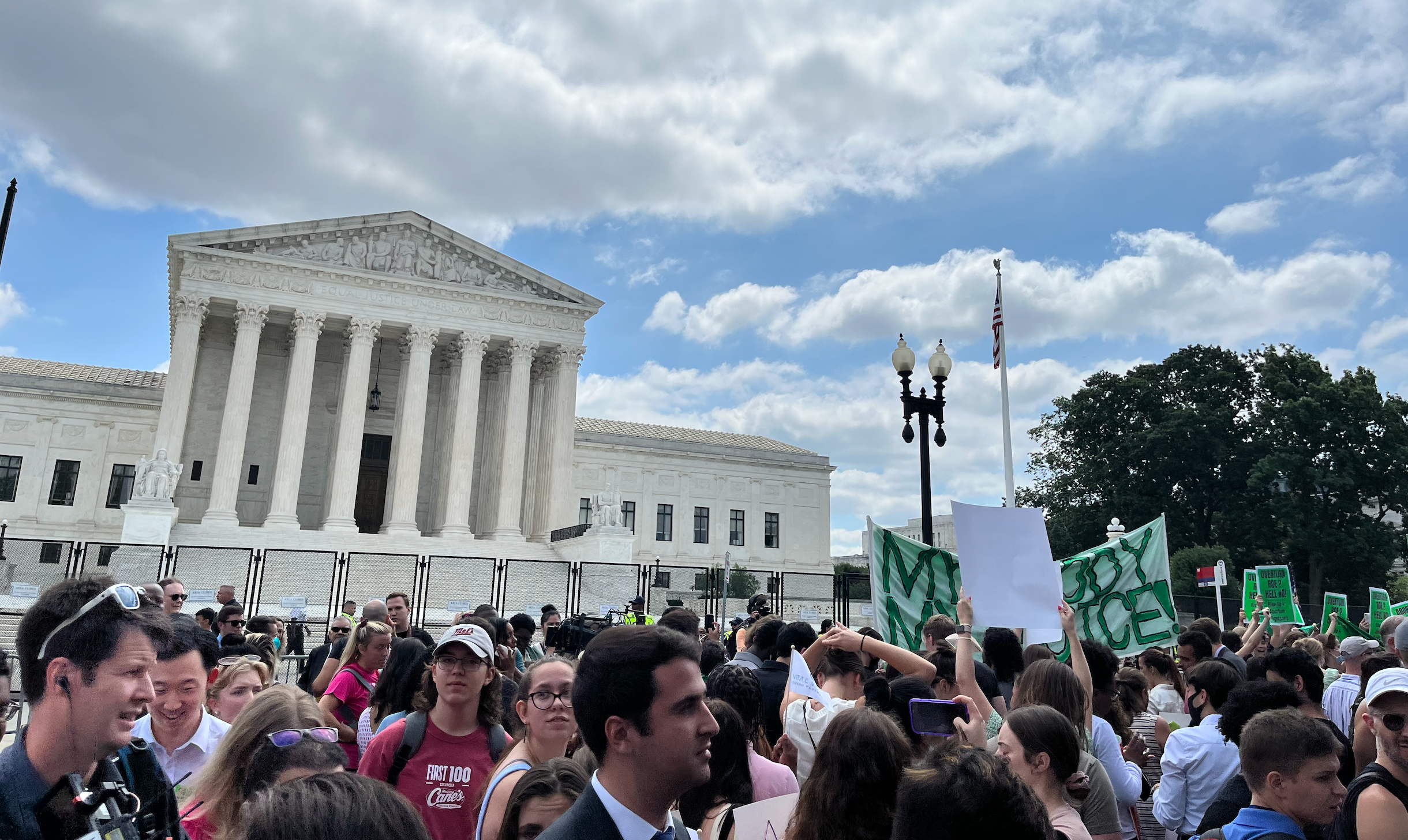
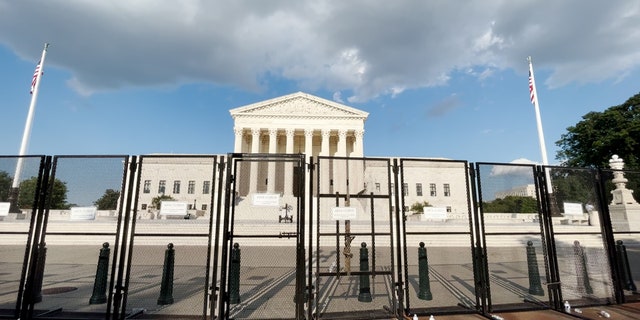
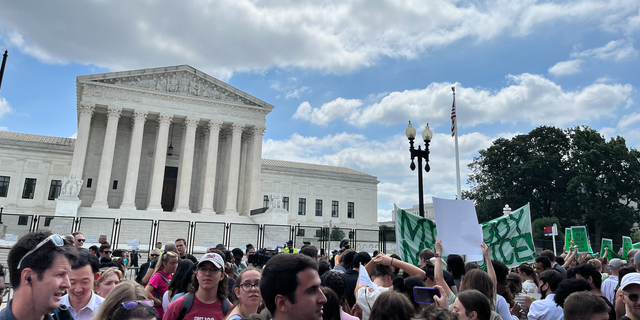



:quality(70)/cloudfront-us-east-1.images.arcpublishing.com/advancelocal/VDG5QICFUFBIRC5HXCQAPIQ3JI.jpg)


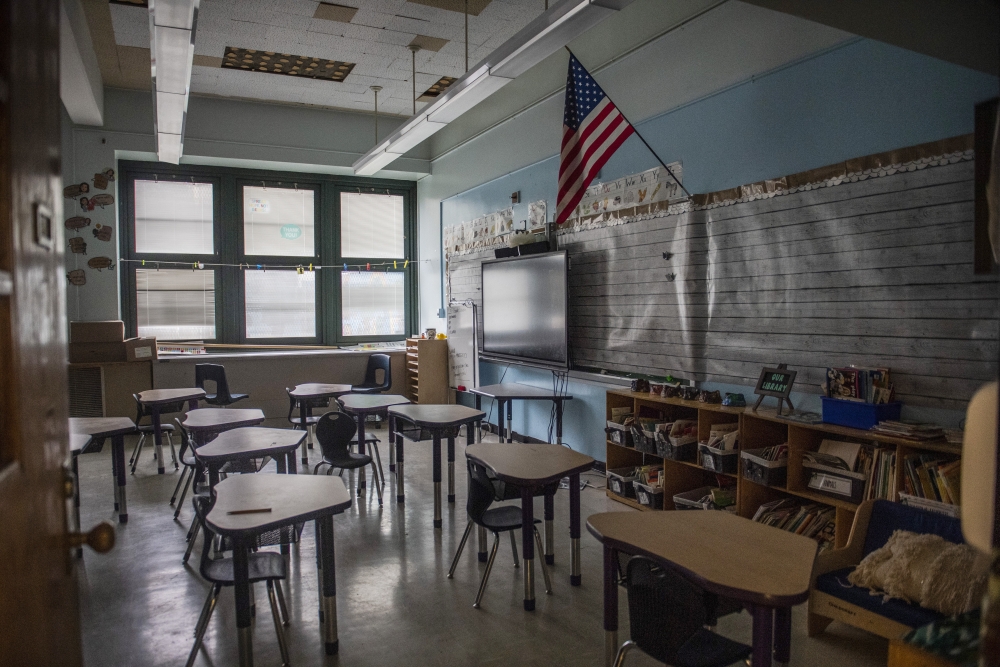

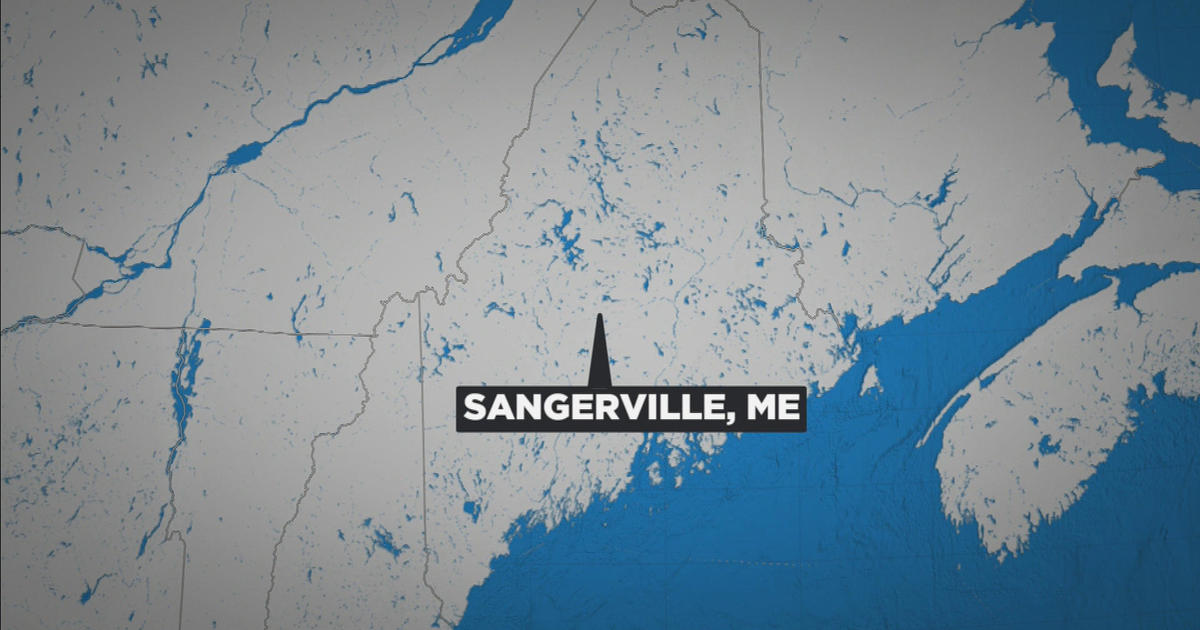











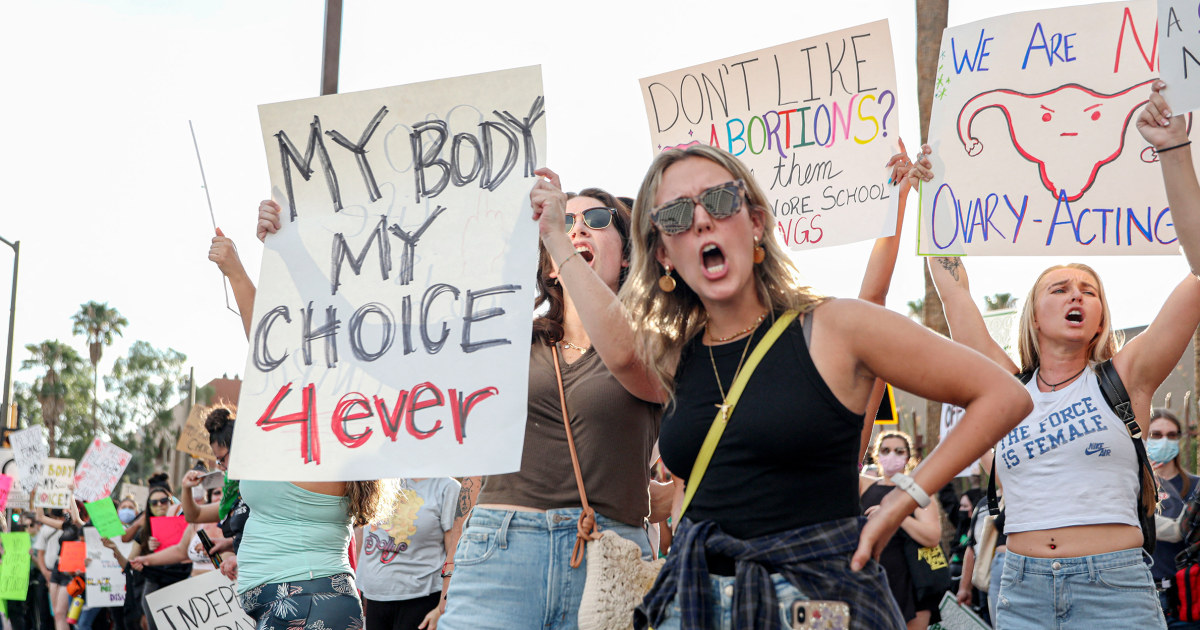


/cdn.vox-cdn.com/uploads/chorus_asset/file/25382021/V4_Pro_Beta_PressKit_LaunchImage.jpg)




Invalid username/password.
Please check your email to confirm and complete your registration.
Use the form below to reset your password. When you’ve submitted your account email, we will send an email with a reset code.